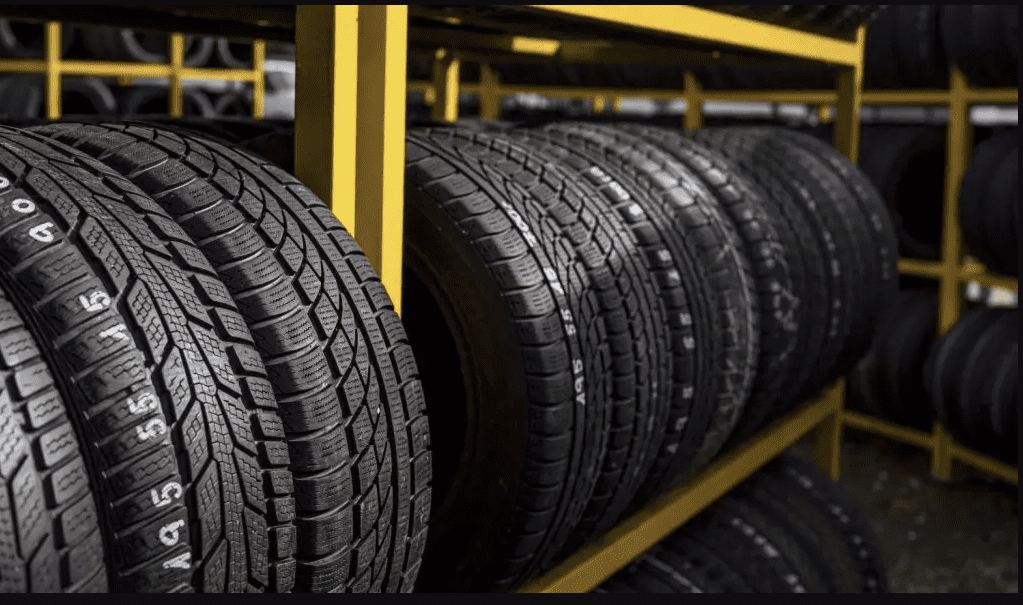Commercial truck tires carry the weight of many voyages and ensure that commodities are delivered efficiently, making them the unsung heroes of the transportation sector. Selecting the proper rubber for these enormous trucks is crucial since it directly affects operational costs, performance, and safety. This article examines the critical factors to consider when choosing commercial vehicle tires.
Understanding Tire Types
Understanding the different tire kinds is the first step in selecting the ideal tire. All-season, summer, and winter tires are the three main classifications. All-season tires are popular because they strike a mix between durability and performance. While winter tires are necessary for ice and snowy roads, summer tires provide better traction in dry and rainy situations, enabling trucks to negotiate rough terrain safely.
Load Capacity and Size
The load-carrying ability of tires for commercial trucks is one of the most important considerations. Pickup truck tires are made to carry a certain amount of weight, and going above this limit can cause overheating and early tire degradation. It’s crucial to know the truck’s weight capability and select tires that correspond to it. Choosing the optimum tire size guarantees proper fitment, enhancing traction and stability.
Tread Patterns and Durability
The tread patterns greatly influence the performance of a tire. Deep treads are great for off-road settings because they improve traction on difficult surfaces. Conversely, shallower treads are more suited for highway driving since they have less rolling resistance and higher fuel economy. Durability is also important; strong sidewalls and reinforced design lengthen a tire’s lifespan, lowering replacement costs and frequency.
Weather Considerations
Choosing tires suited to the main weather is essential because different places experience various weather conditions. Tires with great wet traction performance are crucial when it rains frequently. Winter tires with cutting-edge snow and ice grip technology are a safety need for areas subject to snow and ice because they prevent accidents and guarantee on-time deliveries even in inclement weather.
Budgetary Constraints
Although quality should never be sacrificed, it is practical to consider financial restraints. Fortunately, the market has many commercial vehicle tires to suit different price ranges. Striking a balance between quality, performance, and cost-effectiveness is crucial. Although purchasing high-quality tires may initially seem pricey, their longevity and effectiveness can result in significant savings over time.
Regular Maintenance and Tire Care
Once the proper 12-ton truck tires are chosen, the battle is just half won. Routine maintenance and proper tire care are key to preserving tire longevity and peak performance. This includes frequent tire rotation, maintaining the recommended tire pressure, and routine examinations for wear indicators. Proper tire maintenance increases fuel efficiency while extending tire life, which adds to overall operational savings.
Environmental Impact and Sustainability
Environmental awareness has recently grown in importance across several industries, including transportation. It is critical to consider the environmental impact of the tires you select for commercial pickup trucks. Using sustainable materials and cutting-edge technologies to construct some tire manufacturers’ eco-friendly alternatives has reduced rolling resistance. A greener earth is made possible by lower rolling resistance, increasing fuel efficiency and reducing carbon emissions. Businesses can align their operations with eco-conscious efforts and demonstrate their commitment to sustainability by choosing ecologically friendly truck tires.
Advanced Tire Technologies
The commercial trucking business has revolutionised thanks to tire technology developments. These advancements improve safety and reduce unplanned downtime. They range from intelligent tire monitoring systems that offer real-time data on tire health to self-healing rubber compounds that quickly seal minor punctures. Businesses may gain a lot from investigating these cutting-edge technologies, ensuring their fleets run as efficiently as possible while reducing maintenance expenses.
Expert Consultation and Professional Advice
Navigating the market’s plethora of commercial vehicle tire selections can be confusing. Seeking the advice of a qualified technician or tire specialist might yield priceless insights. These experts may evaluate certain operational requirements, suggest acceptable tire manufacturers, provide advice on maintenance procedures, and provide information on truck price in UAE. Their knowledge guarantees that businesses make wise choices, choosing customised tires for their needs and enhancing their overall shipping experience.
Emergency Preparedness and Roadside Assistance
Even with strong tires, accidents can still happen. It is essential to have a backup plan in place. Spending money on dependable roadside assistance services ensures rapid assistance in the event of tire-related problems, reducing downtime and guaranteeing on-time deliveries. A well-designed fleet management strategy will always be ready for unforeseen circumstances.
Customer Reviews and Brand Reputation
Investigating customer feedback and evaluating brand reputation yields insightful data. Industry-specific feedback from competing companies can provide useful insights on tire performance, durability, and customer service. Making sure that businesses invest in tires with a track record of dependability and customer satisfaction gives an extra layer of assurance by selecting recognised brands with favourable evaluations.
The correct rubber for the road requires a thorough grasp of a truck’s needs, local weather patterns, and financial limitations. Businesses can improve safety, performance, and profitability in their transportation initiatives by carefully examining variables, including tire kinds, load capacity, tread patterns, weather adaptability, and maintenance demands. More than just a piece of rubber, 12-ton trucks tires are the cornerstone of dependable and effective transportation, guaranteeing that cargo is transported over roadways with sturdy durability and unyielding resilience.

